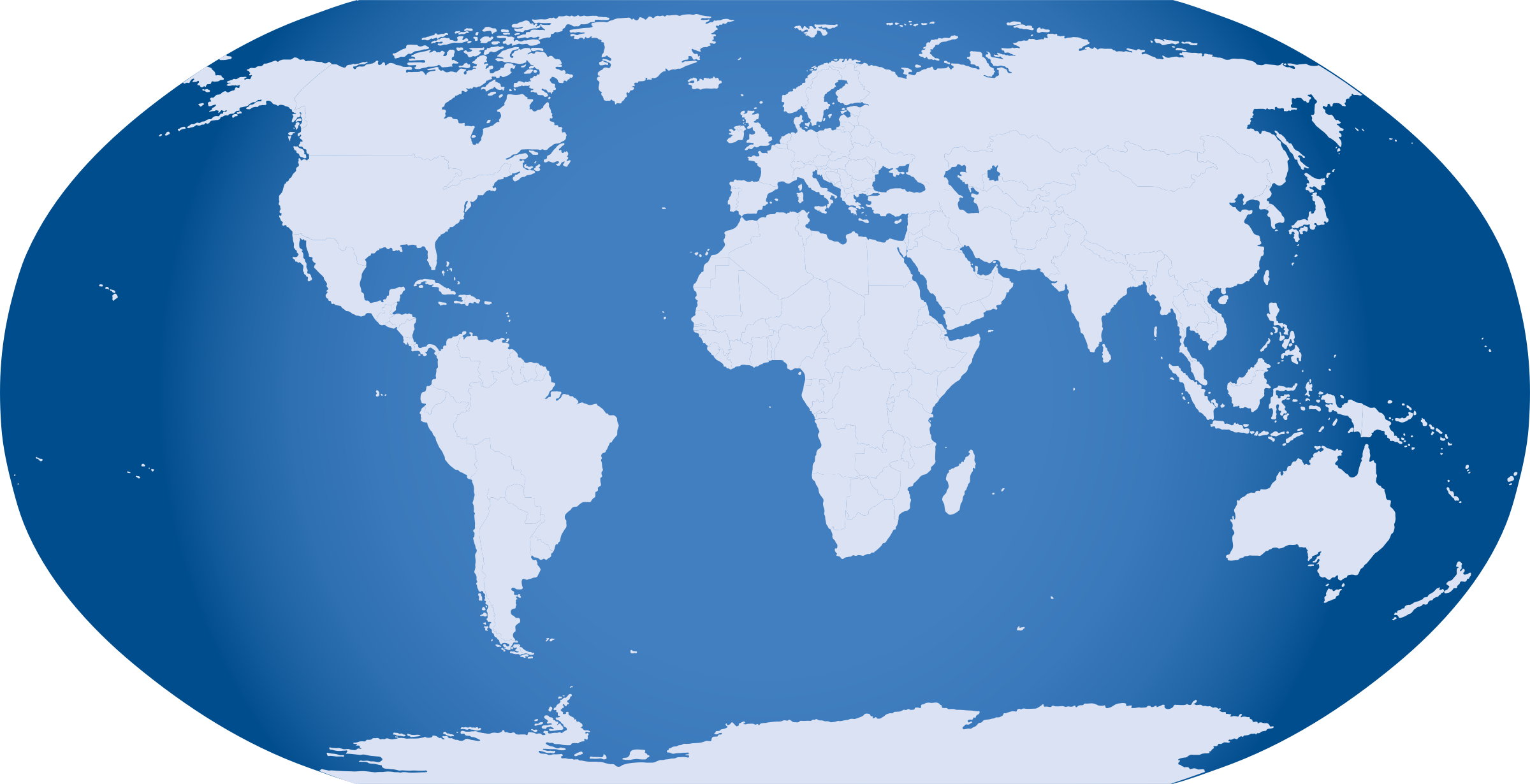In the tumultuous landscape of contemporary geopolitics, the pursuit of world peace emerges not merely as an aspiration but as an ethical imperative that transcends cultural, national, and spiritual boundaries. The Bahá’í teachings, distilled through the lens of unity and collective humanity, offer profound insights into the nature of peace. This exploration posits that world peace is not only a lofty ideal but the quintessential goal for which humanity must strive. The teachings invite us to fundamentally re-evaluate our perspective on conflict and harmony, suggesting that the sanctity of human life and dignity requires us to embrace a transformative paradigm.
Central to the Bahá’í faith is the notion that humanity constitutes a single, interdependent entity. This principle demands a radical shift in collective consciousness from an era characterized by divisive nationalism and tribalism to one of global solidarity. Such a transition necessitates a reevaluation of ingrained perceptions about ‘us’ versus ‘them’. Bahá’í teachings elucidate that every individual is a steward of peace, tasked with fostering understanding and goodwill among diverse peoples. The epitome of this philosophy is encapsulated in the Bahá’í concept of “the oneness of mankind,” which posits that the divisions that separate us—be it race, nationality, or religion—are mere illusions that can crumble in the face of shared humanity.
The imperative for world peace extends beyond mere cessation of hostilities; it encompasses the creation of a framework for sustainable and inclusive development. The Bahá’í approach emphasizes that true peace is rooted in justice and equity. As such, it calls for an examination of social injustices that often underpin conflict. Issues such as poverty, gender inequality, and discrimination must be addressed not only for their immediate resolution but for their role in fostering an environment conducive to peace. The insights derived from these teachings compel us to envision a global society wherein justice prevails, transcending the narrow confines of individual interests.
Moreover, the teachings of Bahá’u’lláh advocate for the establishment of a global governance system, wherein multi-lateral cooperation to tackle pressing global issues becomes paramount. The urgency of today’s challenges—climate change, economic disparity, and international terrorism—exemplifies the necessity for collective action. The Bahá’í principles of consultation and collaboration serve as a cornerstone for this proposed global framework. By engaging diverse perspectives in decision-making processes, society can cultivate a more inclusive and representative governance model that prioritizes the well-being of humanity as a whole.
A pivotal aspect of achieving world peace is education. The Bahá’í teachings stress the transformative power of education, particularly in the cultivation of moral and ethical values. Education serves as a catalyst for change, equipping individuals with the necessary tools to actively participate in the construction of a peaceful society. The Bahá’í community has established numerous educational initiatives aimed at empowering individuals, particularly women and youth, thereby promoting the ideals of equity and spiritual development. By anchoring education in compassion and understanding, society can foster a generation committed to nurturing peace.
In the context of the Bahá’í perspective, spirituality and material development are not mutually exclusive; rather, they coexist harmoniously in the pursuit of peace. The teachings emphasize that spiritual growth must accompany material advancements. A society that prioritizes spiritual values, such as compassion, empathy, and service to humanity, is more likely to manifest a culture of peace. Individuals are encouraged to reflect on their personal spiritual journeys, as inner transformation is indispensable to achieving external harmony. The Bahá’í principle of service to others is a call to action; it functions as both a personal and communal endeavor to weave the fabric of global peace.
Furthermore, the idea of unity in diversity underscores that embracing our differences is integral to fostering a peaceful world. Rather than relegating diversity to a source of division, Bahá’í teachings celebrate it as a strength. The coexistence of varied cultures, languages, and traditions can enrich society, leading to innovative solutions to global challenges. In this context, dialogue becomes a transformative tool, enabling individuals from disparate backgrounds to converge on common goals. By fostering an environment of open communication, society can dismantle barriers and build bridges that promote mutual understanding.
The Bahá’í teachings also propose that the root causes of conflict often lie in unresolved grievances and historical injustices. Thus, part of the journey towards peace involves reconciliation and healing. Recognizing the profound pain that past injustices can inflict upon communities is critical. The Bahá’í framework calls for forgiveness and the cultivation of a mindset oriented toward healing, which can ultimately pave the way for reconciliation. This transformative process invites dialogue that not only addresses the past but also lays the groundwork for a collaborative future based on mutual respect and understanding.
In conclusion, the teachings of the Bahá’í faith assert that world peace is not an unattainable dream but a collective responsibility that weaves through the fabric of human existence. The call to action is profound: every individual bears an intrinsic duty to contribute to an overarching narrative of peace. By embracing the ideals of unity, justice, education, and dialogue, humanity can rise above the confines of discord and engender a world marked by harmony and collaboration. Indeed, there exists no more important matter than the pursuit of world peace, for it is the very foundation upon which a flourishing global society can be built.
